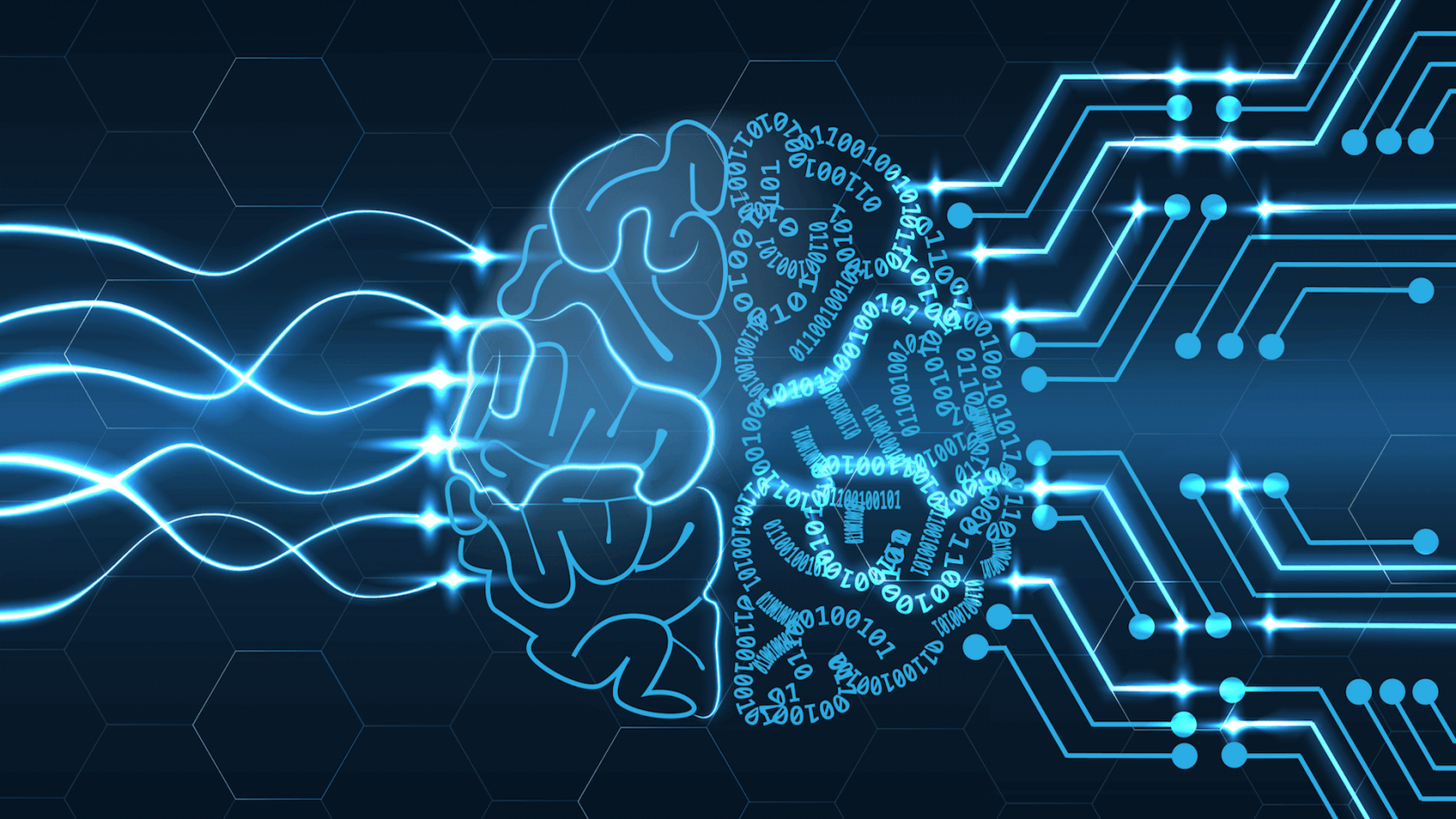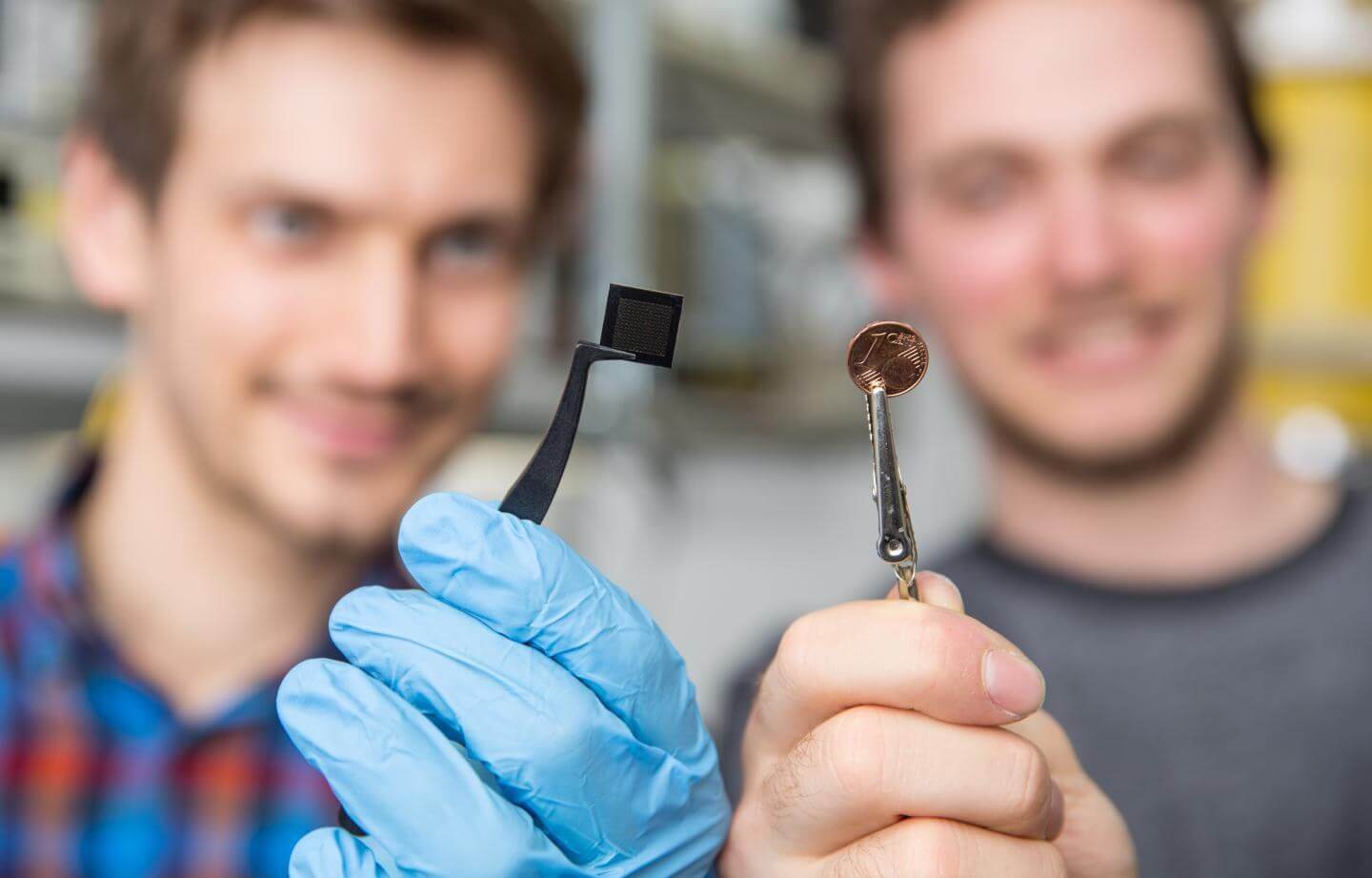
Scientists and researchers have made some startling leaps in the fields of medicine and artificial intelligence over the past couple of years. Chinese scientists managed to clone monkeys for the first time some time ago, and more recently, a team of researchers working out of Rice University developed a 3D-printed (or "bioprinted," in this case), breathing organ.
Now, researchers from Munster, Oxford, and Exter University have created a chip containing a "network of artificial neurons" that resembles part of the human brain. Apparently, using the power of light, these artificial neurons can "imitate" the basic behavior of real neurons and their synapses.
This information comes courtesy of a Bioengineer report. According to the site, this artificial brain can use its four artificial neurons and 60 synapses to accrue information and act on it for pattern recognition or computing -- apparently, this is remarkably similar to the way our own brains work in the real world.

The full explanation behind how the chip functions is extremely technical in nature, but in short, scientists trigger these neurons by feeding them "light pulses" which transmit information using two machine learning algorithms:
In the case of the two algorithms used – both in so-called supervised and in unsupervised learning – the artificial network was ultimately able, on the basis of given light patterns, to recognise a pattern being sought – one of which was four consecutive letters.
The key, researchers claim, lies in the way the chip is powered. Instead of relying on electricity and electrons, which are less inefficient for powering the sort of computations researchers are working with here, they use light energy and photons. Due to this difference, Bioengineer says the chip can process data "many times faster" than similar electron-based systems.
What this means for the future of computing is unknown -- for now, these are early findings, and it will take quite a bit of time and further experimentation before this "neurosynaptic network" comes anywhere close to reaching the full capabilities of a human brain.